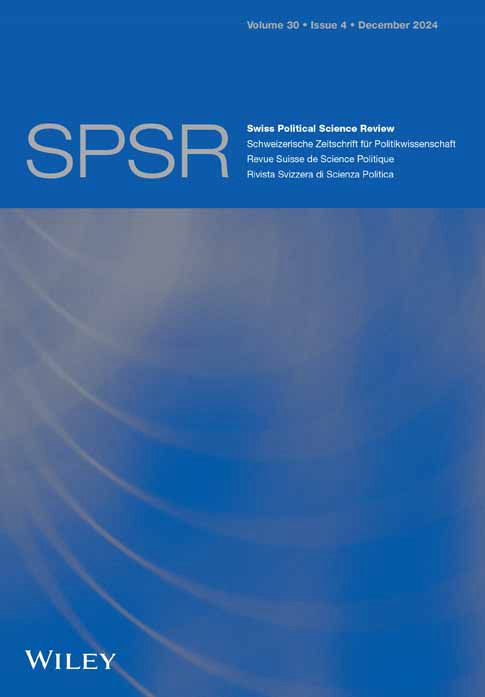Marius Ghincea
@mariusghincea.bsky.social
170 followers
170 following
10 posts
Political scientist. International Relations & European Studies
Postdoc ETH Zurich | Visiting Fellow EUI, Robert Schuman Centre | Ph.D. EUI
Posts
Media
Videos
Starter Packs
Reposted by Marius Ghincea
The Loop
@ecprtheloop.bsky.social
· Jul 15

🧭 Enlargement reimagined: the shifting logics behind the EU’s expansion
What motivates EU enlargement? Marius Ghincea and Laurențiu Pleșca argue that the Union’s approach has evolved through three overlapping logics — transformation, stabilisation, and demarcation. By unp...
bit.ly
Reposted by Marius Ghincea
Linus Hagström
@linushagstrom.bsky.social
· Jun 30

Postdoc with a focus on quantitative narrative geopolitics
Description The postdoctoral position is part of the interdisciplinary research environment on narrative geopolitics, established with funding from the Swedish Armed Forces. The role involves interdis
fhs.varbi.com
Reposted by Marius Ghincea
Reposted by Marius Ghincea
Reposted by Marius Ghincea
Reposted by Marius Ghincea
Marius Ghincea
@mariusghincea.bsky.social
· Feb 10

Shrouded in Secrecy: Explaining Why Some Countries Refuse to Disclose Their Military Aid to Ukraine
Abstract. This research note examines the communication strategies employed by Central and Eastern European (CEE) countries in disclosing or withholding in
academic.oup.com
Marius Ghincea
@mariusghincea.bsky.social
· Oct 25
Reposted by Marius Ghincea
Marius Ghincea
@mariusghincea.bsky.social
· Oct 13
Marius Ghincea
@mariusghincea.bsky.social
· Oct 13
Marius Ghincea
@mariusghincea.bsky.social
· Oct 10
Reposted by Marius Ghincea











